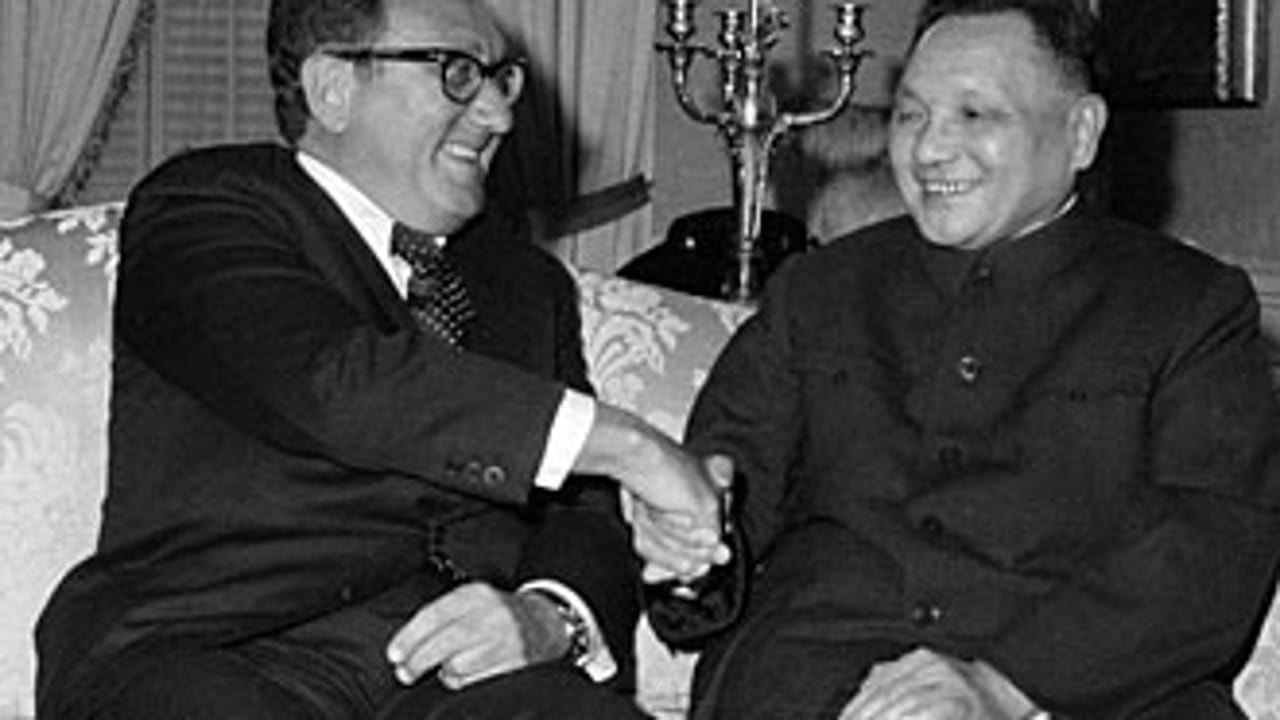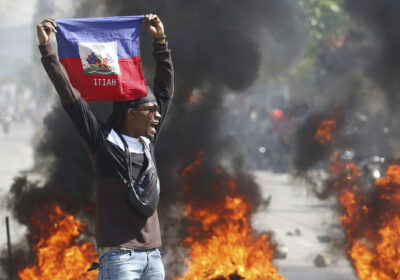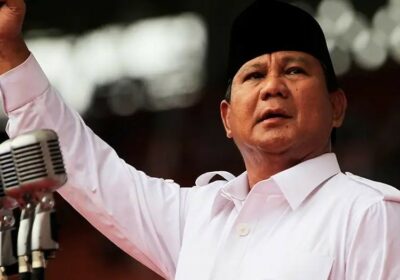OLD FRIENDS

Kissinger, the centenarian, is greeted by the Chinese government as an old associate with whom they have travelled a long and winding road together. Indeed, the common road of the 20th century between the US and China is built on the efforts of the then National Security Advisor during the first Nixon administration.
In 1969, the governments of the two countries had not spoken to each other for twenty years, but the ground was being prepared for a rapprochement: in the growing tensions between the Soviet Union and the People’s Republic, Washington entered with open declarations of neutrality, at the same time warning the contenders against taking military action. Negotiations between the two countries started in February 1970, during which the White House repeatedly assured the Chinese government that it would under no circumstances support the Soviet Union against China, judging both not by their respective ideologies but by their actions[1] .
Kissinger and Nixon’s Realpolitik did not take long to bear fruit: the Soviet Union and China read in the US neutralist approach a warm invitation not to exacerbate tempers, cultivating good neighbourly relations with them and taking care, therefore, not to threaten the vital interests of the Americans[2] . After a brief series of talks between government emissaries that began in Warsaw in December 1969, Kissinger secretly left for Peking in July 1971; the reason for the success of that first series of direct talks with Mao Tse Tung and the rest of the Chinese leadership lay in the common quest on the part of the Nixon/Kissinger duo and the other party to collaborate without giving excessive weight to ideological oppositions or questions of national pride.
The Chinese government seeks further reassurance from Washington that it will not cooperate with the Kremlin in the implementation of the Brezhnev doctrine, known as the limited sovereignty doctrine, which extends the Soviet Union’s powers of intervention over Warsaw Pact countries, thus justifying the invasion of Czechoslovakia in August 1968[3] . Nixon needs to know whether Beijing is willing to cooperate with the US in hindering Soviet geopolitical offensives. On this basis, future talks between Nixon and Mao, between Kissinger (since 1973 Secretary of State) and Zhou Enlai – head of the government of the People’s Republic – produce China’s disengagement from US interests in Southeast Asia, with particular reference to Vietnam and Cambodia, but also to the Taiwan issue.
Beijing focuses its interests on the Soviet threat and, to a lesser extent, the Japanese threat. In February 1972, Nixon signed the Shanghai Communiqué, a road map for the development of Sino-US relations in the following decade: although most of the document reaffirmed the unchanged divergence of views between the two powers in terms of ideology, international affairs, Vietnam, Taiwan, great emphasis was placed on points of common interest: the normalisation of relations between the two countries, the reduction of the danger of an international military conflict, the unwillingness to hegemonize South-East Asia and the assurance not to negotiate agreements in the name of third countries[4] .
As the Soviet Union was the only country capable of dominating Asia, this alliance was able to put a check on any expansionist aims of Moscow. Within a year, a peace structure was thus created based on the conviction of Nixon’s entourage that as long as China was more afraid of the Soviets than the Americans, it would maintain cooperation with the latter. The Sino-American alliance induced the Soviet Union in turn to start a détente process with the United States, which had already begun in the summer of 1972 with Nixon’s invitation to Moscow[5] .

11 November 1985: one of the meetings, in Beijing, between Henry Kissinger and Deng Xiaoping[6]
Today, fifty years later, Henry Kissinger is as highly regarded and respected in China by the press as he is by the government, so much so that, after his 2019 meeting in Beijing with Xi Jinping[7] , he is in the capital again these days for a series of meetings with Defence Minister Li Shangfu and CCP Central Foreign Office Director Wang Yi. Both have words of high regard for Kissinger’s work in building relations with the US, while showing little esteem for the current US administration[8] .
Although the elder statesman is officially on a private visit, it is possible to speculate on his involvement by Biden’s cabinet in the hope that his intervention might facilitate the US government’s hitherto fruitless work to improve relations with Beijing: last month, Li himself refused to meet Secretary of Defence Lloyd J. Austin III at a meeting in Singapore. Austin III[9] , on 18 and 19 June Secretary of State Anthony Blinken meets in Beijing Xi Jinping, Wang Yi and Foreign Minister Qin Gang[10] , in early July it was the turn of Treasury Secretary Janet L. Yellen[11] , who meets with Vice Premier and Director of the Central Commission for Financial and Economic Affairs He Lifeng[12] ; on 20 July, John Kerry, the US government’s special envoy for climate, also arrives in Beijing in search of a road map to get China more involved in the fight against climate change[13] , but the road for the Biden administration appears to be uphill after relations between the two countries reached a low point during the Trump presidency.
In spite of their efforts, for the Chinese, fifty years ago as today, deeds are more important than words: not helped, in this sense, by the American president’s attitude on the Taiwan issue, which Washington threatens to support militarily in the event of a Chinese attack[14] , nor by the imposition of export controls on certain US microchips used for the development of artificial intelligence[15] . It seems, therefore, that in order to recover the credibility lost over the years, it is necessary for the United States, in this context, to resort to the tact, unparalleled sagacity and sense of Realpolitik of a centenarian consigned to history as a war criminal, is the shortest path[16] .
The Chinese know very well, as the Italians should also remember, that when it comes to defending American interests abroad, anything goes: a coup d’état in Chile, a series of bloody para-fascist attacks in Italy, the support of monstrous dictatorships in the Far East, agreements with the fiercest theocratic monarchies in the Middle East. Kissinger has been writing the history of this attitude of the United States for almost a century. Who knows if he is also writing the next chapter.
USA027
[1] “Nixon Papers, Second Annual Report, 1971
[2] H. Kissinger, ‘Diplomacy’, Simon & Schuster, 1994
[3] http://leg13.camera.it/_dati/leg13/lavori/doc/xxiii/064v01t04_RS/00000017.pdf
[4] Joint Communiqué issued at Shanghai, February 27, 1972, in State Bulletin, vol. LXVI, No. 1708, March 20, 1972
[5] H. Kissinger, ‘Diplomacy’, Simon & Schuster, 1994
[6] https://www.lastampa.it/blogs/2011/05/11/news/kissinger-sdogana-mao-br-ha-cambiato-il-paese-1.37268717/
[7]https://www.fmprc.gov.cn/mfa_eng/gjhdq_665435/3376_665447/3432_664920/3435_664926/201911/t20191126_590854.html
[8] https://www.nytimes.com/2023/07/18/world/asia/kissinger-china-defense.html
[9] https://www.nytimes.com/2023/07/18/world/asia/kissinger-china-defense.html
[10] https://www.state.gov/secretary-blinkens-visit-to-the-peoples-republic-of-china-prc/#:~:text=Blinken%20traveled%20to%20Beijing%2C%20the,Gang%20from%20June%2018%2D19.
[11] https://home.treasury.gov/news/press-releases/jy1603
[12] https://www.bbc.com/news/world-asia-66146889
[13] https://www.reuters.com/world/us-envoy-kerry-says-china-climate-talks-constructive-complicated-2023-07-19/
[14] https://www.nytimes.com/2022/11/10/us/politics/biden-xi-china-taiwan.html
[15] https://www.wsj.com/articles/u-s-considers-new-curbs-on-ai-chip-exports-to-china-56b17feb
[16] https://ibiworld.eu/en/henry-kissinger-the-dark-soul-of-the-20th-century/




Leave a Reply